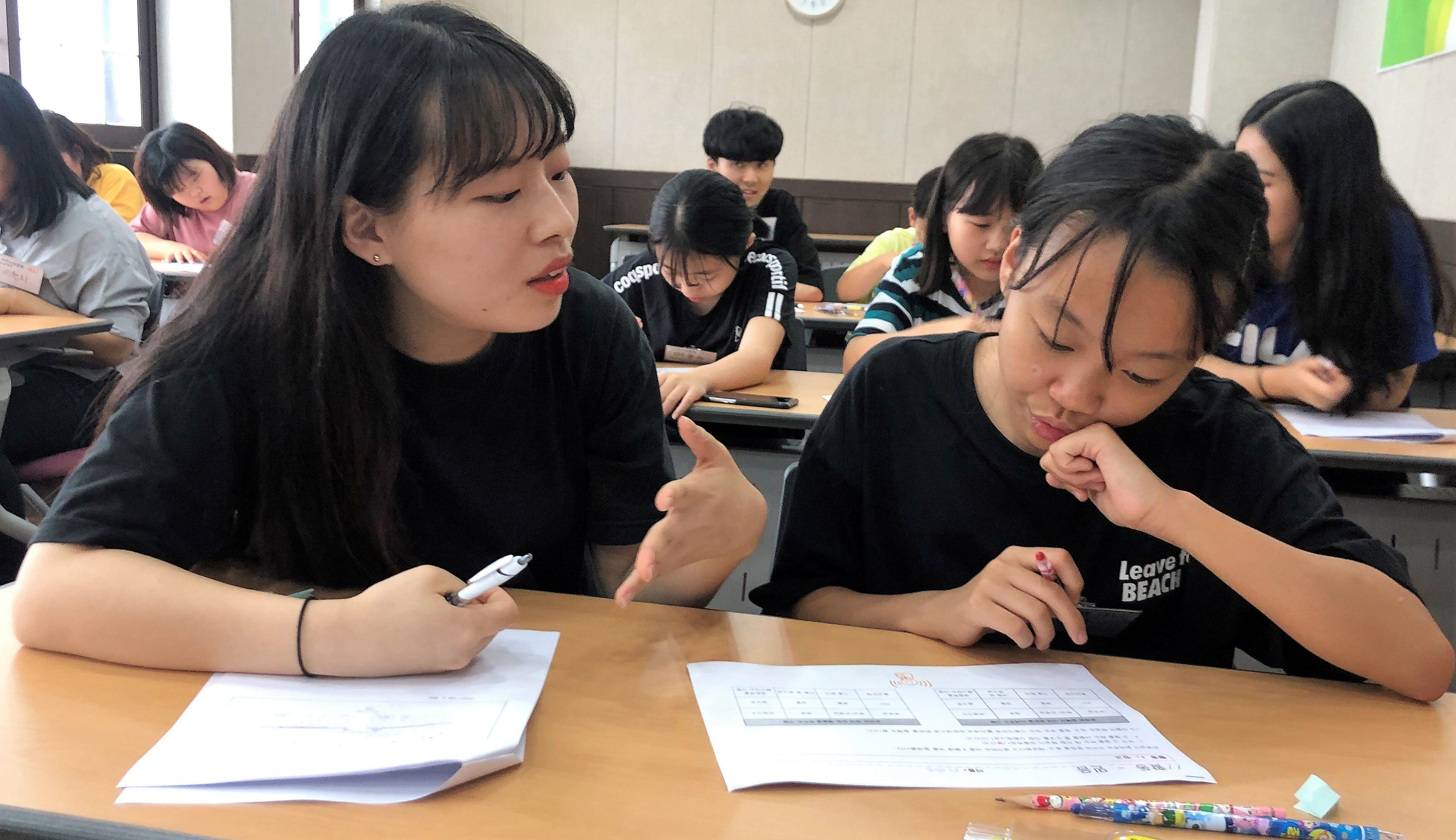
How do you make a legal document about children, child-friendly? Get the children to re-write it.
The legalese of the Child Rights Committee’s recent publication of General Comment 25, on the rights of children in the digital environment received a user-friendly make over. In Our Own Words is a collaboration between the 5Rights Foundation and more than 300 children from across the globe. Through workshops and seminars, participants distilled the dense, legalese of this international human rights opinion into an understandable essence.
“It would be counter-productive to produce a document enshrining children’s digital rights which children themselves cannot understand due to legal jargon and sophisticated language,” said 19-year-old Mason Rikard from the United Kingdom.
1. INTRODUCTION
Children around the world want and need to use the internet and digital services for school, entertainment, to get information and to be in contact with families and friends. They want it to be fair and keep them safe.
2. GENERAL PRINCIPLES


There are four principles for children’s rights:
1. Non-discrimination: Children must be protected from discrimination and treated fairly, whoever they are.
2. Survival and development: Children must be supported to grow up into what they want to be without harmful interference.
3. Best interest of the child: When making any decision, adults — including governments and businesses — must do what is best for children rather than themselves.
4. Respect for children’s views: Children have opinions that must be taken into account in all things they care about.


How this should be done:
- Protect children’s rights online.
- Make rules that support children’s rights online.
- Ensure that everyone understand the rules, including government officials, businesses, parents, teachers and children themselves.
- Listen to children when they have a problem.
- Stop businesses putting profit above children’s rights.
- Make sure that there are consequences for organizations or people that break the rules.
- Make sure children know and understand what action has been taken.
3. Children have the right to information, freedom and privacy


Accessing information
Information that children find online should be true, relevant and easily available, unless it is likely to cause harm.
Freedom of expression
Children should be able to say what they think, but children, companies and other people should not spread lies or attack others.
Freedom of thought
Companies and other people must not push children to do things for money or at the request of others.
Freedom of association
Children want to meet and spend time with their friends and enjoy being part of their community in every environment. Governments or businesses should
not interfere with that, except for reasons of safety.
Privacy
Children must have privacy to act and grow in the way that they wish; this includes privacy from parents, school, governments, businesses and each other.
Birth registration
Children may need to prove who they are online in order to be part of their community. Online identities should not be used in ways that are unfair or attack a child’s privacy or other rights.
Violence against children
Children have the right to protection from violence, including political violence, encouragement to self harm, eating disorders and suicide, bullying and images of sexual violence or sexual contact with adults. Children need to have helplines and places to get help when they need it.
You can read the full version of In Our Own Words and view other information and graphics on General Comment 25 via the link.
https://unhumanrights.medium.com/in-our-own-words-28c5305f1837